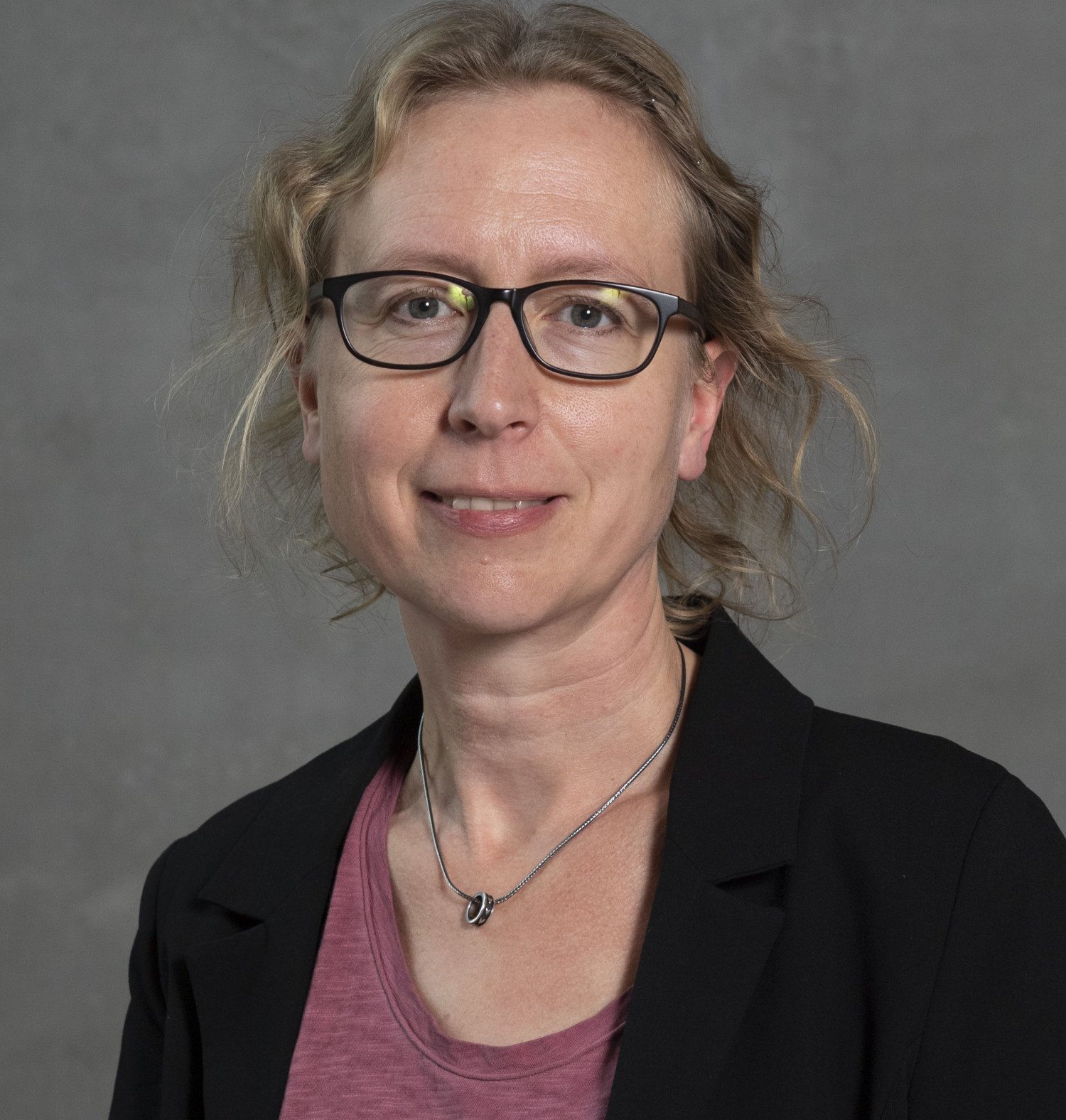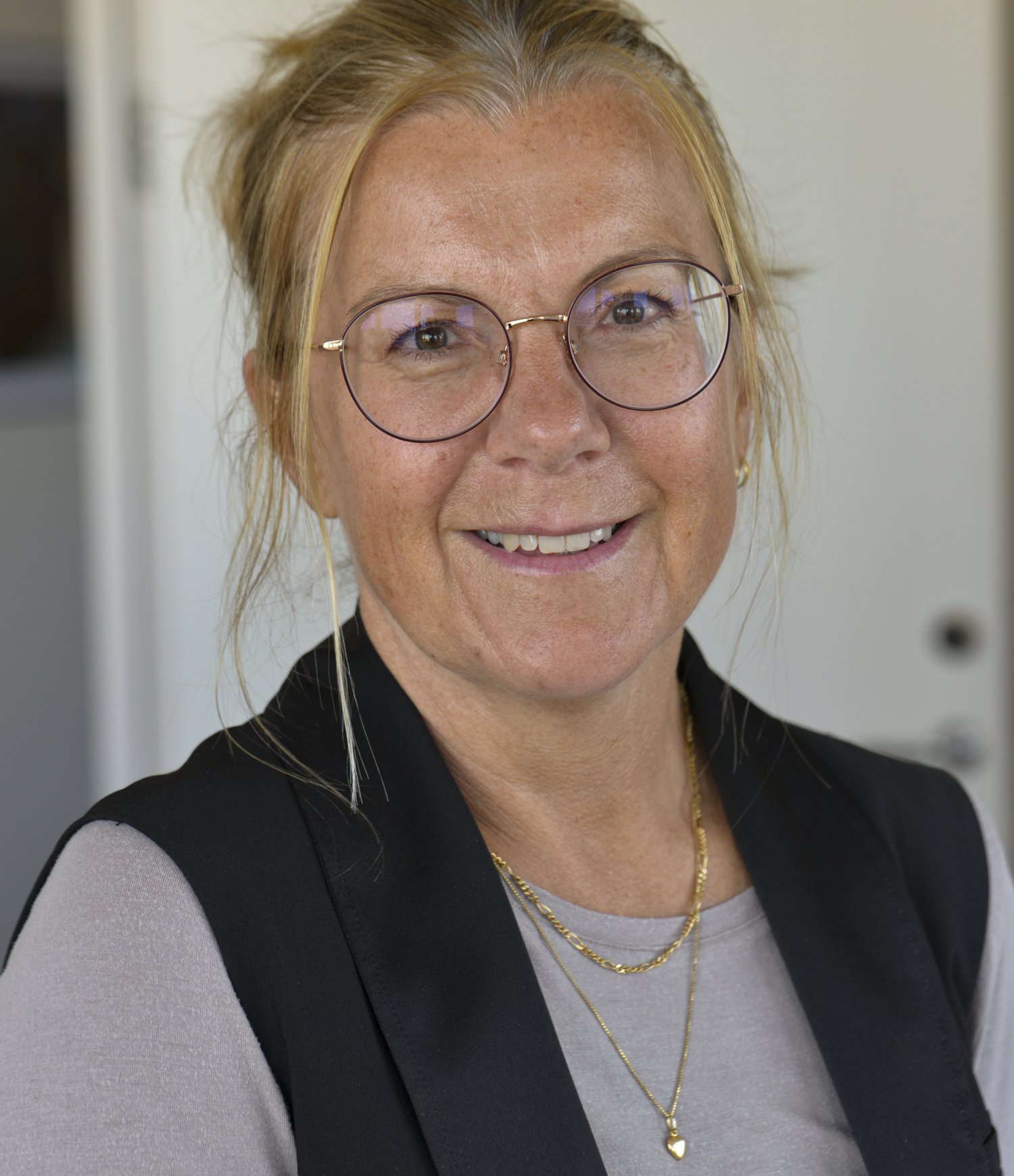The Aging Research Centre (ARC), one of Sweden's leading research centres looking into the health and living conditions of older people is celebrating its 25th anniversary. With its multidisciplinary research and broad-based collaborations, the ARC contributes to a deeper understanding of ageing and how society can promote a more favourable environment for a dignified and healthy old age.
Research at the Aging Research Centre (ARC) focuses on disease prevention by identifying risk factors and preventative strategies for healthy ageing, and by reducing inequalities in health, care and other living conditions.

"Older people today have a higher functional capacity, are more active and live longer than in previous generations," says Erika Jonsson Laukka , docent and head of division at the ARC . "Care and social planning must therefore be adapted to new needs. The research conducted at the ARC has a vital part to play in advancing our understating of the ageing process and ensuring that politicians and policymakers have access to the correct data in their future welfare planning."
The ARC was founded in 2000 as a joint initiative between Karolinska Institutet and Stockholm University.
Valuable insights into ageing
One of the ARC's studies on ageing and health is SNAC-K. The study, which began 25 years ago, is an extension of the Kungsholmen Project in which the researchers have followed close on 5,000 older people on Kungsholmen in Stockholm in order to understand how different factors affect ageing.
Through its combination of medical examinations, cognitive tests and questions about social circumstances, the study has provided valuable insight into what affects the health and wellbeing of older adults.
Another important study is Sweold , which has been in progress since 1992. Sweold is a national survey based in part on regular interviews with older adults about health and social relations. One of its more important findings is that while more older people are active for longer, the most at-risk group has grown increasingly vulnerable.

"The study has helped us identify crucial challenges to the future of geriatric care and public health policy," says Carin Lennartsson , docent and director of the ARC. "This includes the need of more personalised health and social care, and measures to reduce isolation and inequality among older adults."
Multidisciplinary research
The ARC is a multidisciplinary enterprise that brings together almost 50 researchers and experts in a wide range of fields to answer complex questions about health and ageing.
"Our absolute strength is having researchers for different disciplines work together, which enables multidisciplinary collaborations that are crucial to the nuanced study of ageing," says Dr Lennartsson. "So we conduct interdisciplinary research in such fields as ageing and health, equal living conditions, geriatric epidemiology and the psychology of ageing."
The ARC's researchers participate in interviews, write articles, hold lectures and sit on expert panels to raise awareness of ageing and how elderly people live.
The ARC is also in charge of NEAR , a national research infrastructure comprising 15 databases from around Sweden that allows regional, national and international analyses of ageing over time.
The future of ageing research
The ARC's 25th anniversary is to be marked by a number of activities during the year, including its 100th public thesis defence. The anniversary is both a tribute to the work of the ARC staff over the years and an opportunity to look to the future.
"If we're to retain the high level of talent at the ARC and continue to enhance our understanding of ageing, we need to train the researchers of tomorrow," says Dr Jonsson Laukka. "To this end, we focus heavily on our doctoral education. We also need to actively secure a steady funding stream for ageing research."
Carin Lennartsson agrees, and adds:
"Environmental change, globalisation and shifting demographics are some examples of factors that will affect the living conditions of older people. Research must keep up with developments in order to create an inclusive and sustainable society for all ages."






